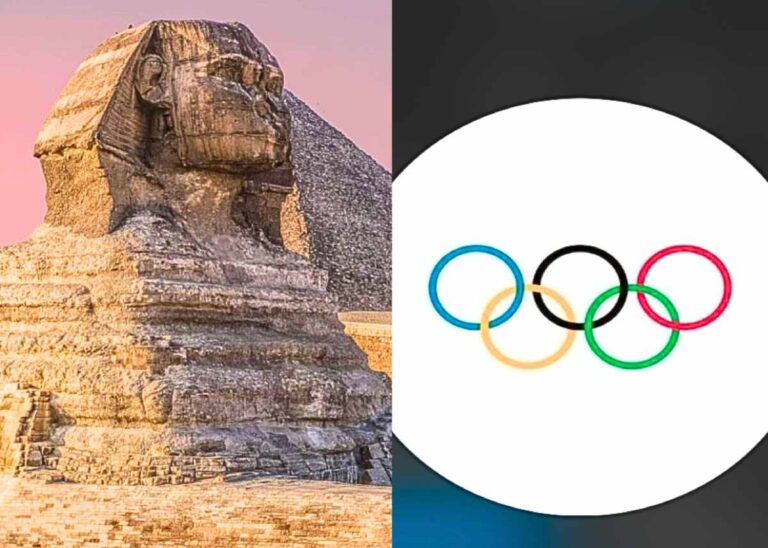For the first time in history, Africa could host the Olympic Games. Egypt’s bid for the 2036 or 2040 Games is not just a momentous occasion for the country, but for the entire continent.
This bold aspiration has sparked a mix of excitement and scrutiny.
EGYPT’S BID FOR THE OLYMPICS
The Olympics, since their inception in 1896, have been the pinnacle of global sport.
Yet, Africa has always been absent from the Olympic map, according to Money Web.
Egypt’s attempt to change that is supported by Mustapha Berraf, the head of the African Olympic movement. It follows the momentum from Senegal hosting the Youth Olympic Games in 2026.
The International Olympic Committee (IOC) is shifting its approach. The Agenda 2020 and Agenda 2020+5 strategies aim to make bidding more flexible and sustainable.
THE OLYMPICS HOST LIST
The goal is to include a broader range of countries in the Olympic host list.
Awarding the Games to Africa would be a landmark achievement, opening doors for future diverse hosts.
Africa has tried before. Egypt has bid three times, in 1916, 1936, and 2008, according to Africa Olympic.
South Africa came close for the 2004 Games but lost to Athens. These bids highlight the challenges African nations face: infrastructure, security, and financial stability.
EGYPT’S STRENGTHS AND CHALLENGES
Egypt boasts several strengths.
The country has hosted major events, including the Africa Cup of Nations and the World Handball Championship.
It will also host the 2027 African Games, according to The African Mirror.
Egypt’s rich cultural heritage could add a unique flavour to the Olympics, appealing to the IOC’s desire for diverse hosts. However, challenges abound.
EGYPT’S CHALLENGES
Egypt faces significant economic constraints and infrastructure hurdles.
Hosting the Games could cost between R185 billion and R925 billion. Political stability and human rights concerns could also be problematic.
Hosting the Olympics can be transformative. It can drive economic growth by attracting tourists and creating jobs.
The event often leads to infrastructure improvements that benefit the host city long after the Games end.
UPLIFTING NATIONALE MORALE
Sport can boost public health and inspire future athletes. Moreover, a successful Games can uplift national morale and unify people.
Yet, the risks are considerable. Financial costs can lead to long-term debt. There is a risk of diverting funds from crucial sectors like healthcare and education.
Some venues become costly burdens rather than assets. Environmental impacts from large-scale events must also be managed carefully.
A POSITIVE LEGACY
Success lies in more than just hosting a grand event. It’s about creating a positive legacy.
This means not only improving infrastructure but also developing skills and knowledge in event management, security, and hospitality.
Egypt must ensure that these benefits align with its long-term needs. By 2050, Africa’s population will surge.
FUTURE OLYMPICS
This demographic shift will impact the IOC’s approach.
Future Olympic programmes may need to reflect these changes. Egypt’s bid could benefit from this evolving landscape.
For Egypt, the key to a successful bid will be aligning with the IOC’s priorities.
AFRICA’S ROLE
Demonstrating technical and financial capability while showcasing the potential for a positive, sustainable legacy is crucial.
Egypt’s bid for the Olympics is not just about winning the Games; it’s about reshaping Africa’s role on the global stage.
HOW IMPORTANT IS IT FOR AFRICA TO HOST THE OLYMPICS FOR THE FIRST TIME?
Let us know by clicking on the comment tab below this article or by emailing info@thesouthafrican.com or sending a WhatsApp to 060 011 021 1.
You can also follow @TheSAnews on X and The South African on Facebook for the latest news.

